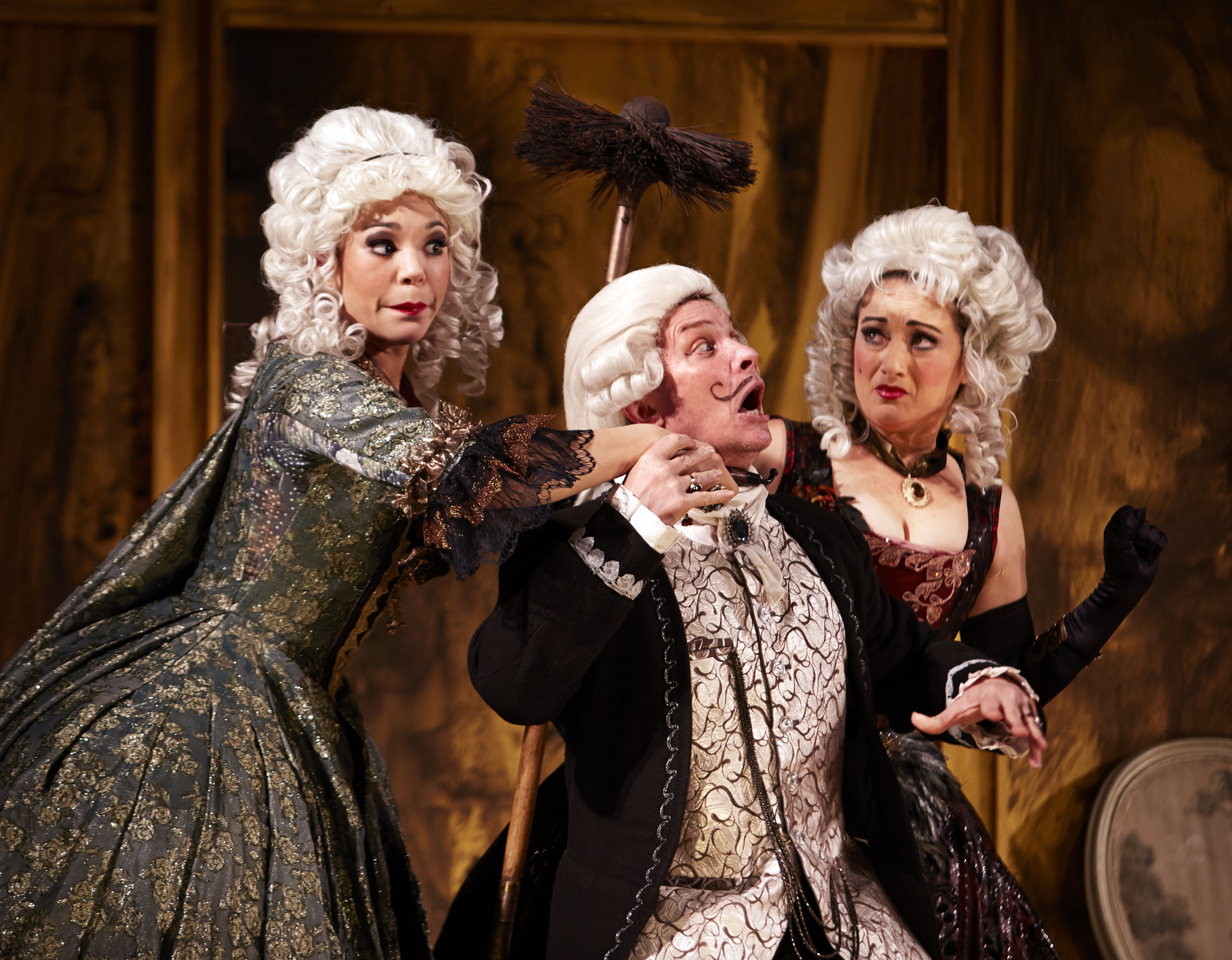He was a consummate colleague and loyal friend; one of his students called him “the greatest musical diplomat.” A dedicated supporter of musicians’ rights, an efficient administrator and skilled teacher; among his pupils were Schubert, Beethoven, Hummel, Moscheles, and Liszt. Above all, he was one of the greatest opera composers. “I shed tears ten times; it was too strong for me,” wrote a young poet after hearing his Armida in 1776. As E. T. A. Hoffmann wrote of one his most famous operas, Axur, Re d’Ormus: “The music, as always with Salieri, is outstanding: its wealth of ideas and its perfection of declamation put it on the same level as Mozart’s. My friend, if I could compose one such opera it would make my life a success!”

More than any of his contemporaries, Antonio Salieri shaped Viennese operatic life from 1770 to 1820. His control of the contrasting genres of tragédie lyrique, opera seria and opera buffa led contemporaries to praise his unique, sophisticated style, which united “all the power of German music to the sweet Italian style.”
After cutting his teeth on opera buffa in the 1760s, Salieri’s...










Comments
Log in to join the conversation.